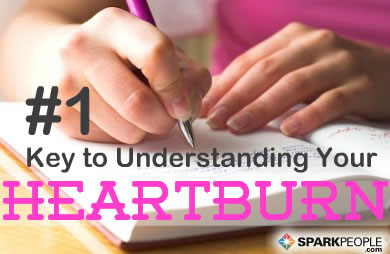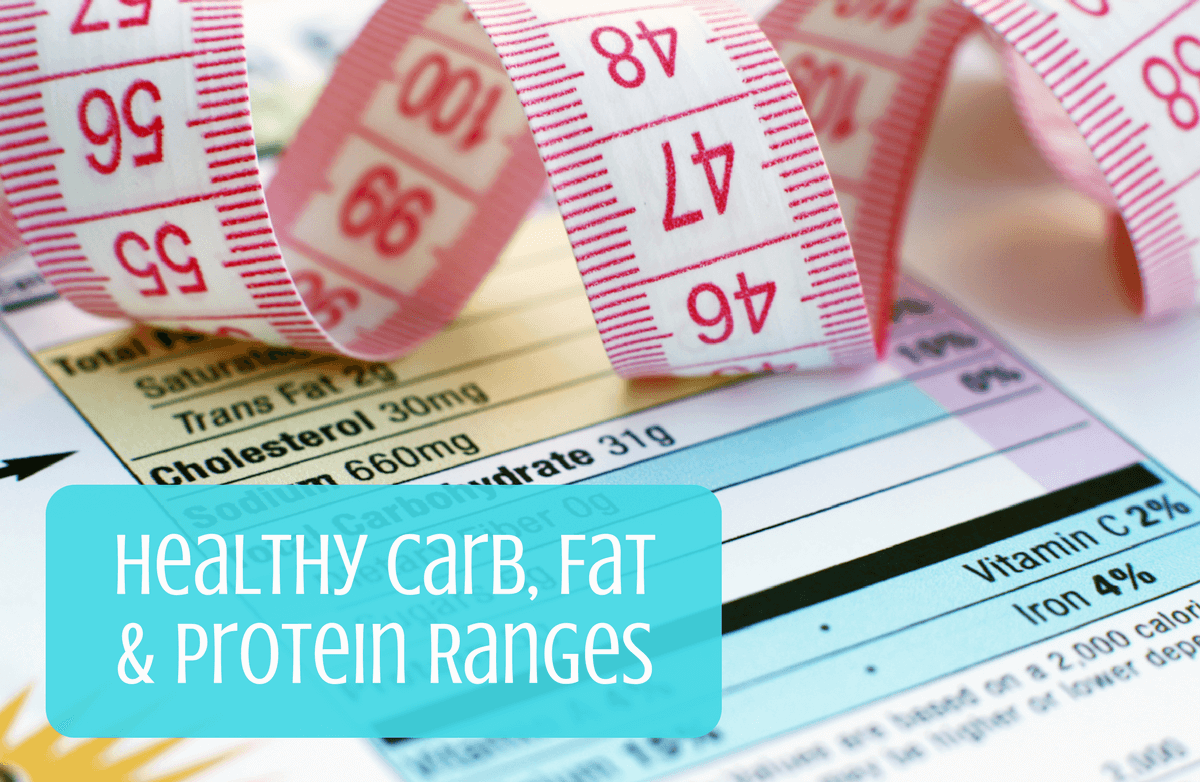|
I have a friend who loves to scrapbook. She meets a group once a week to scrapbook and is always asking me to come along. She talks about how fun it is to work on a project and socialize with your friends at the same time. While I appreciate the invite, scrapbooking is not my thing. I've tried to explain to her that although that activity is enjoyable for her, it would be very stressful for me. I'm not a crafty person, I'm not very creative, and so it's not my idea of a good time. Running is my scrapbooking, which my friend does not understand. I don't run to lose weight or keep my weight in check (although it is a nice extra benefit.) I run because I love the challenge- it helps relieve stress, makes me feel good and I just can't imagine my life without it. Being active and exercising regularly is just like brushing my teeth. It's something I have to do and I want to do. Growing up I was involved in sports, but that was only because my parents made me participate and not because I was good at it. My dad was always active, but my mom was not. So it's not like my desire to exercise comes from a lifetime of example. Could it be in my genes? Research set out to determine whether our desire to exercise is genetically determined. The study, published in 2006 by the Library of Science, looked at thousands of sets of twins. According to previous research, identical twins share 100 percent of their genome, and fraternal twins share 50 percent. All twin pairs, if raised together, share approximately the same early environment. So if a behavior is more common between identical twins than between fraternal twins, it is presumably being directed to some degree by genes." Scientists looked at the decision of whether or not to exercise, and found that identical-twin pairs were more likely than the fraternal-twin pairs to share the same activity pattern. Researchers concluded that differences in exercise behavior were about 60 percent attributable to genes. More recent research also supports this idea. A 2009 study published in the journal Medicine and Science in Sport and Exercise "found that people who were active (but not necessarily athletic) tended to have similar variations of several different genes." The scientists who study this say that one day the findings could be used to design exercise programs that are more specific to people's needs. For instance, if your genes predispose you to being sorer after a specific activity, you might be encouraged to try something else that will give you less discomfort. What do you think? Do you think that there's more to your desire to exercise than just experience and motivation? Could your genes play an important part? |
Popular EntriesMore From SparkPeople
|




.jpg)










